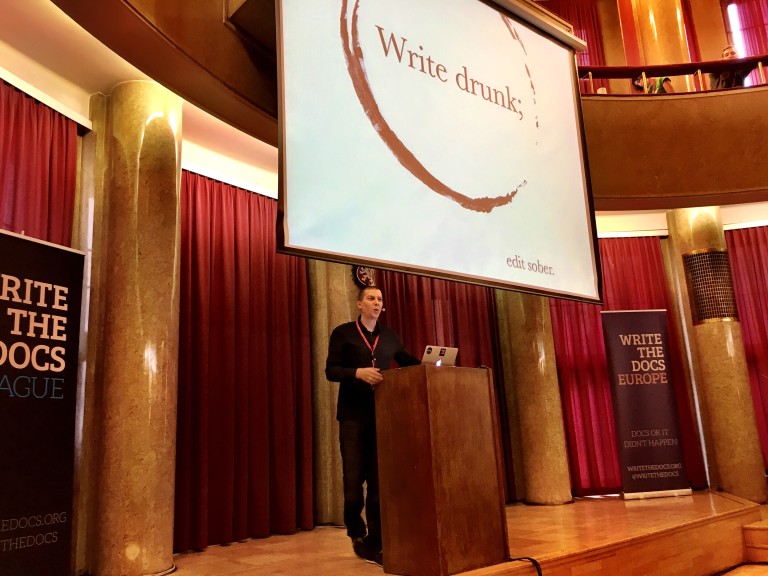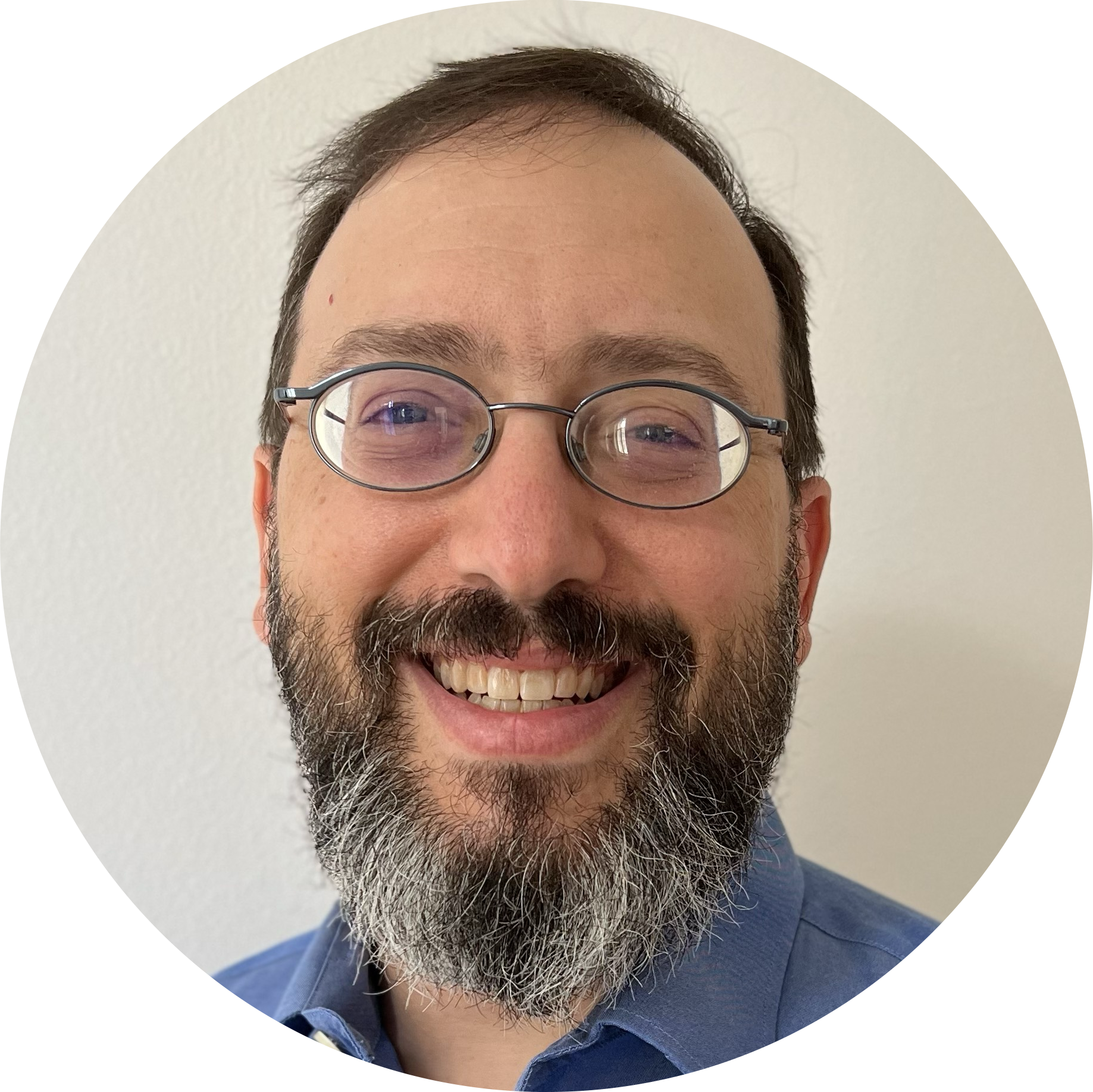Below are my notes and highlights from this session at Write The Docs Europe 2016 in Prague. This is part of a series I wrote during the conference. This is not meant to be transcriptions and may have missed points made during they talk. They solely reflect my interpretations of the talk.
Writing as a Non-Native Speaker
by Istvan (Steve) Zoltan Szabo
Steve is a student of language and a writer. This has led to him working in a second language, English, and furthered his love of language. He believes that language is fascinating and the single most important tool natural selection has given us.
To work effectively he had to develop a workflow and tools to become a better writer in English. He hasn’t fully achieved his goals, however he continues to grow in that direction.
The limits of my language
The most frustrating aspect of writing as a non-native speaker is that he cannot express himself as well as he can in his native language. He is trapped in a cave and can’t communicate. The fewer words and structures he has the less that he can talk about.
The limits of my language mean the limits of my world.
Ludwig Wittgenstein: tractus logico-philosophical (5.6)
Entropy
Entropy is a measure of unpredictability. It is working against the proper information transmission. It is obscurity, uncertainty, and ambiguity. In speech we can repeat important names and phrases, we can restate things and choose new phrases, and we can ask questions of our partners. In writing we do the opposite and eliminate this in the name of redundancy. In writing we must be as short as possible. The shorter the less entropy.
If I had more time I would have written a shorter letter
Blaise Pascal (1657)
This is a common set of mistakes, including literal translations where there are multiple meaning options or where structure is maintained from the first language. This is symptomatic of the fact that languages are not actually translatable without deficit. Every language culture sees the world differently and that is usually lost in translation.
How Can we Stretch the Borders

Start with a process: Write Drunk, Edit Sober! Just kidding, the process actually starts with writing in a very structured manner:
- Structure and the first draft
- Outline the structure of the text
- Estimate the word count per section to get a feel for the length
- Write in the flow and ignore the grammar errors.
- Let the draft rest
- Edit
- Self-edit with no grammar checker enabled to provide focus and personal improvement.
- Now use various grammar checkers
- Read out loud to check for smoothness
- Send to the editor
How to stretch the borders?
-
Translation books. It shows how to use the language. Pick a genre that is like what you write.
-
Watch TV Shows. It teaches natural language and a context for the foreign language free time environment.
-
Get a mentor. This is not a teacher or helpful colleague. They provide strategic advice without micromanagement. They build a framework.
If you don’t have a mentor, while looking read lots of personal development books, read blogs from lots of people not just the biggest influencers. Go to real life events and meetups. Make connections and build a network.
-
Keep a journal in English. This will help you articulate your thoughts and achieve greater focus while providing a way to measure your progress.
-
Start a medium.com account or blog. This will force you to write for public and build an audience. You also have to select a topic and stick to it.
-
Create a strict work flow and keep it.
-
Give a presentation at Write The Docs.
How to Survive the Editing Process
He doesn’t know and hopes someone will tell him. :)
